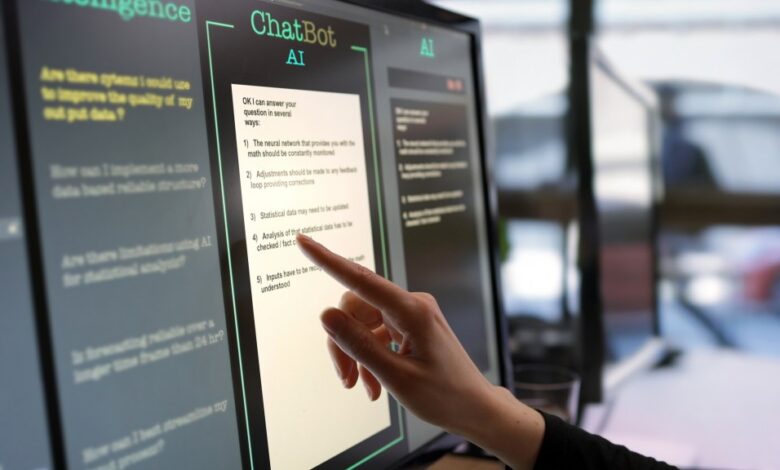Artificial intelligence now capable of creating new AI without human intervention, scientists say

Artificial intelligence models can now create smaller AI systems without the help of a human, according to research published Friday by a group of scientists who said the project was the first of its kind.
Essentially, larger AI models — like the kind that power ChatGPT — can create smaller, more specific AI applications that can be used in everyday life, a collaboration between Aizip Inc. and scientists at the Massachusetts Institute of Technology and several University of California campuses demonstrated. Those specialized models could help improve hearing aids, monitor oil pipelines and track endangered species.
“Right now, we’re using bigger models to build the smaller models, like a bigger brother helping [its smaller] brother to improve. That’s the first step towards a bigger job of self-evolving AI,” Yan Sun, CEO of the AI tech company Aizip, told Fox News. “This is the first step in the path to show that AI models can build AI models.”
Yubei Chen, one of the researchers, echoed Sun.
One device Sun and Chen demonstrated — a human activity tracker that uses AI to gather and analyze motion data — was housed in a chip smaller than a dime.
That sensor is an example of tiny machine learning, small AI systems that can be used in compact devices or spaces. Tiny machine learning capabilities are crucial for pervasive AI, the notion that nearly any object could become intelligent, Sun said.
“If we think about ChatGPT and tiny machine learning, they are on the two extremes of the spectrum of intelligence. The large models … reside in the cloud,” Chen told Fox News. “On the other hand, we are building the smallest models. They reside in things.”
Home appliances such as coffee machines, ovens, dishwashers, TVs and more could all include artificial intelligence in the future, according to the study.
To watch the full interview with Sun and Chen about autonomously-designed AI, click here.




